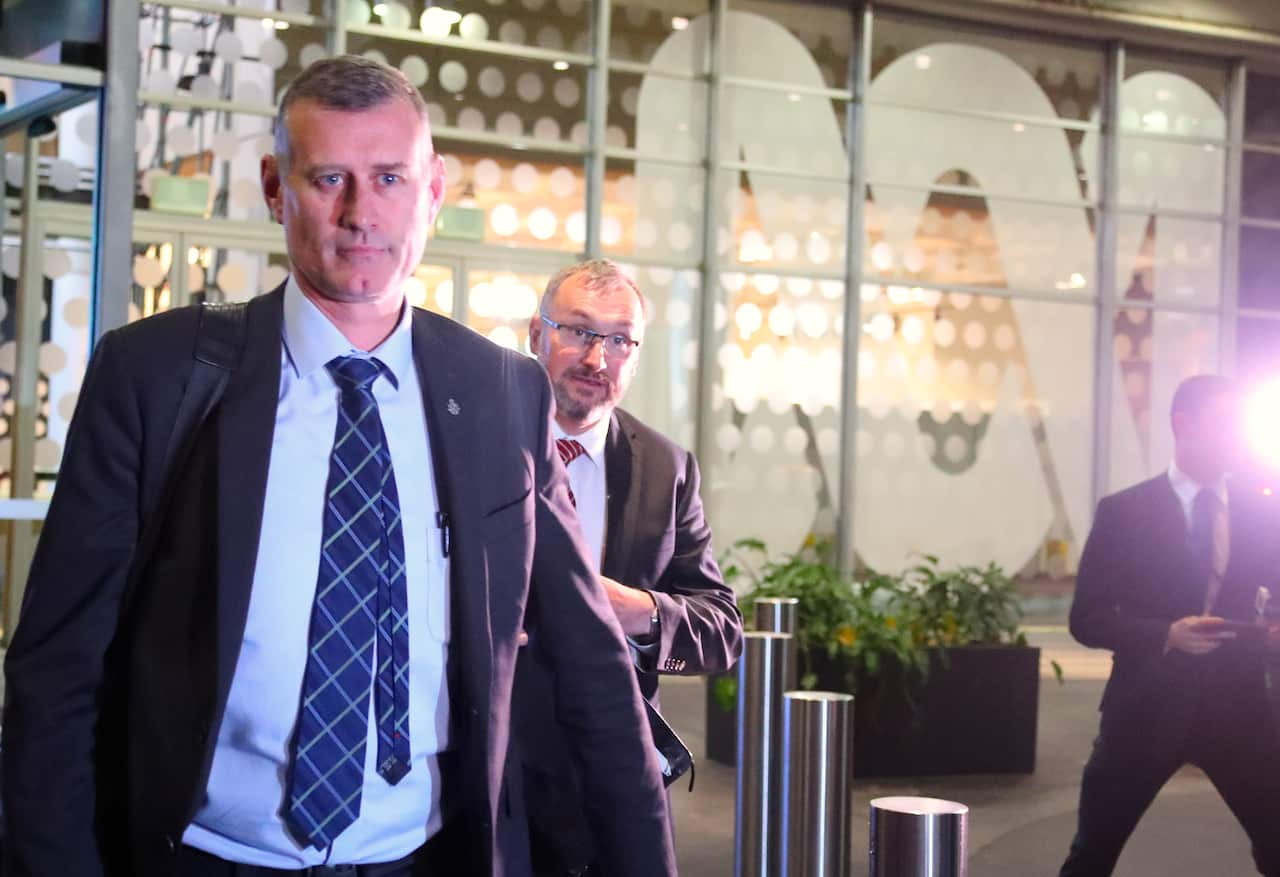Journalists won't be charged for reporting on national security matters unless the Attorney-General signs off.
Attorney-General Christian Porter has this month issued a direction to the Commonwealth Director of Public Prosecution requiring them to seek his permission before charging journalists for offences relating to the unauthorised disclosure of information about security or defence.
"The direction means where the CDPP independently considers that there is a public interest in a prosecution for one of the relevant offences involving a journalist, the consent of the Attorney-General will also be required as a separate and additional safeguard," Mr Porter said in a statement. "This will allow the most detailed and cautious consideration of how an allegation of a serious offence should be balanced with our commitment to freedom of the press."
"This will allow the most detailed and cautious consideration of how an allegation of a serious offence should be balanced with our commitment to freedom of the press."

Attorney-General Christian Porter said he would be "disinclined" to give permission for journalists to be charged. Source: AAP
The direction does not refer to specific cases but comes after sparked debate about press freedom.
In June, Australian Federal Police searched the home of News Corp political reporter Annika Smethurst after she reported on a proposal from the Australian Signals Directorate to spy on Australian citizens without their knowledge.
The same week, the ABC's Sydney headquarters were raided over a series of 2017 reports by investigative journalists Dan Oakes and Sam Clark, on the operations of Australia's elite forces in Afghanistan.
The AFP and Mr Porter have not ruled out pursuing charges against the journalists involved in these reports. "I have previously said that I would be seriously disinclined to approve prosecutions of journalists except in the most exceptional circumstances and would pay particular attention to whether a journalist was simply operating according to the generally accepted principles of public interest journalism," Mr Porter said on Monday.
"I have previously said that I would be seriously disinclined to approve prosecutions of journalists except in the most exceptional circumstances and would pay particular attention to whether a journalist was simply operating according to the generally accepted principles of public interest journalism," Mr Porter said on Monday.

AFP officers searched the ABC's Sydney headquarters in June. Source: AAP
"If such a request came before me, I would, as first law officer consider the evidence, and it would be inappropriate to form a view before this time."
Greens Senator Sarah Hanson-Young, who is chairing a parliamentary inquiry into press freedom, called on Mr Porter to reassure the journalists cited in the search warrants they won't be charged.
"What we need is legislated safeguards to guarantee the freedom of the press and whistleblower protections. These protections must be independent of the government," Senator Hanson-Young said.

